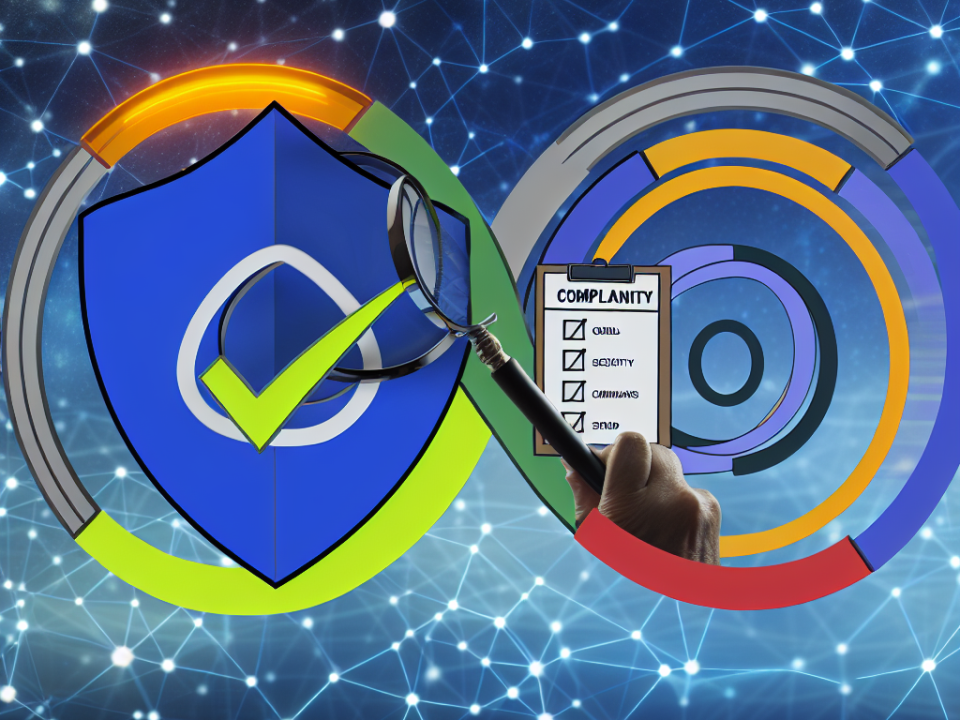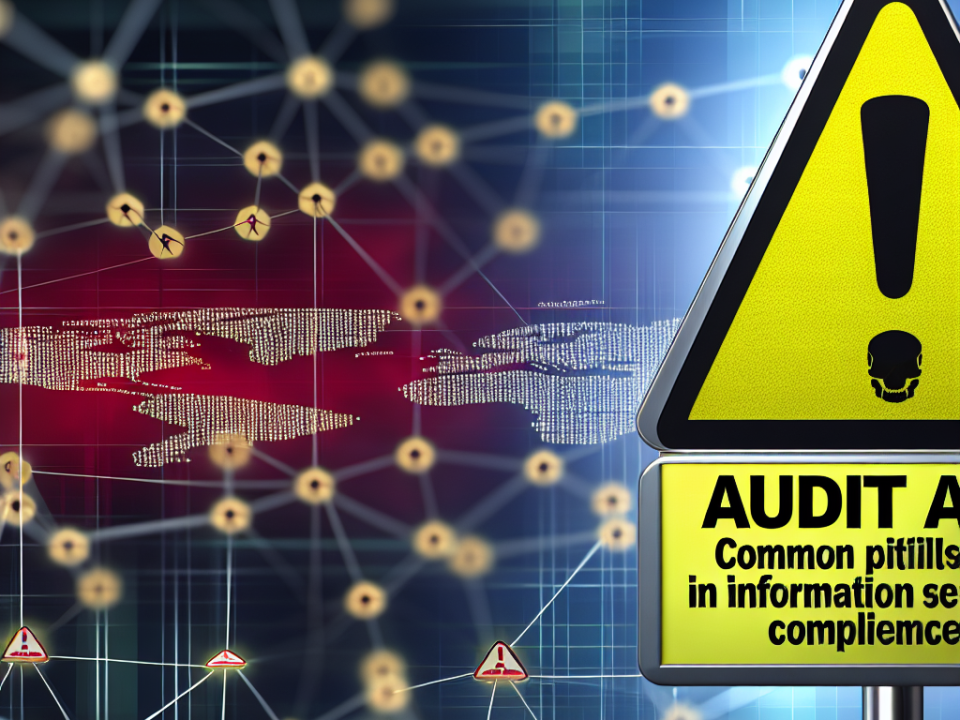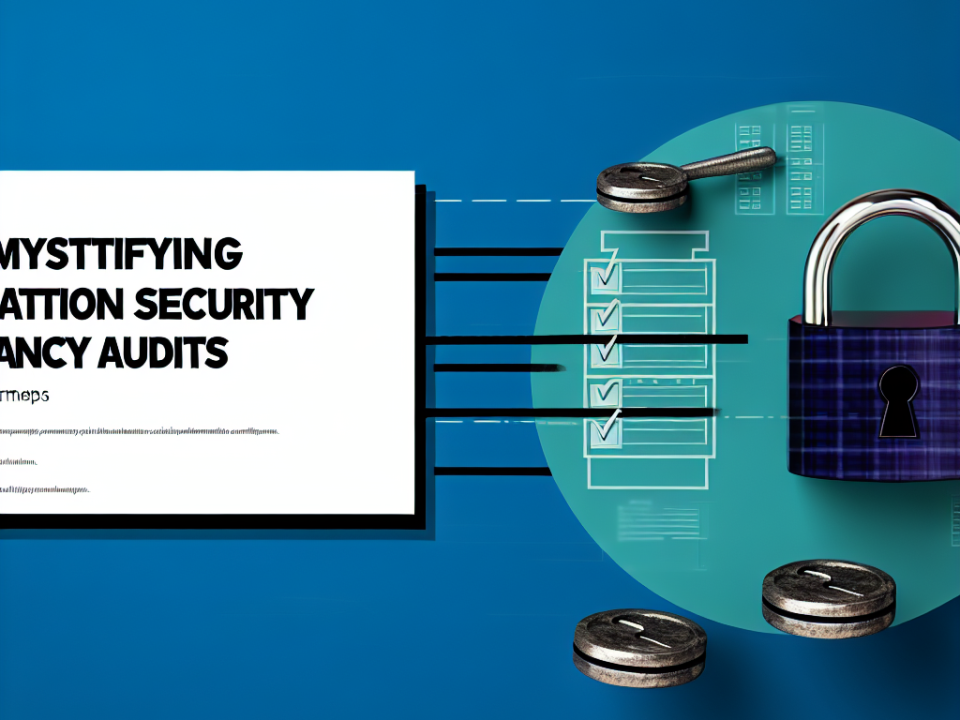
Human Factor: The Role of Cyber Awareness in the Future of Security
July 26, 2025
Zero Trust Architecture: The Future of Cybersecurity Strategies
July 27, 2025
In an increasingly digital world, the landscape of business operations is fraught with challenges, particularly in the realm of cybersecurity. With data breaches, cyberattacks, and regulatory fines rising exponentially, the need for proactive security compliance has never been more critical. Future-proofing your business through robust cybersecurity practices not only safeguards your assets but also assures clients and stakeholders that you are committed to ethical practices.
Understanding Security Compliance
Security compliance refers to the process of adhering to established guidelines, laws, regulations, and standards concerning information security. These regulations vary by industry and often include frameworks such as the General Data Protection Regulation (GDPR), Health Insurance Portability and Accountability Act (HIPAA), and Payment Card Industry Data Security Standard (PCI DSS). Compliance ensures that businesses adopt and implement security measures that protect sensitive data from threats.
The Risks of Non-Compliance
Failing to adhere to security compliance can have dire consequences. Here are some possible repercussions:
-
Financial Penalties: Non-compliance can lead to substantial fines. For example, GDPR violations can result in fines up to €20 million or 4% of a company’s global annual revenue, whichever is higher.
-
Loss of Reputation: Data breaches not only lead to financial losses but also damage brand trust. A tarnished reputation can take years to rebuild, affecting customer loyalty and market position.
-
Legal Consequences: Legal actions may arise from consumers or shareholders if a company fails to comply with regulations aimed at protecting data privacy and security.
- Operational Disruption: A cyber incident can lead to downtime, halting business operations and significantly impacting productivity and revenue.
Why Proactive Security Compliance Matters
-
Mitigating Risks: Proactive compliance helps in identifying vulnerabilities and addressing them before they can be exploited. This approach minimizes the chances of data breaches and other cybersecurity incidents.
-
Building Trust: When customers know their information is secure, they are more likely to engage with the business. Being compliant demonstrates a commitment to data security, which can enhance customer loyalty.
-
Competitive Advantage: Compliance can serve as a differentiator in the marketplace. Businesses that prioritize security compliance can garner more trust while standing out from less proactive competitors.
- Streamlined Operations: Implementing frameworks for compliance can lead to improved operational efficiencies. By establishing clear policies and procedures, organizations can avoid the chaos that arises from reacting to security incidents.
Steps for Proactive Security Compliance
-
Conduct Regular Risk Assessments: Understand your organization’s vulnerabilities and the potential impact of various threats. Regular assessments will help you address issues before they escalate.
-
Implement Comprehensive Security Policies: Develop and document clear policies regarding data handling, access controls, and employee training on cybersecurity best practices.
-
Invest in Training: Employees can often be the weakest link in your security posture. Regular training sessions help them understand their roles in ensuring data protection.
-
Stay Informed: The regulatory landscape is continually changing. Keep abreast of new laws and guidelines relevant to your industry and adjust your compliance strategies accordingly.
-
Utilize Security Technologies: Invest in advanced security technologies, such as encryption, intrusion detection systems, and firewalls, to protect sensitive data.
- Engage with Third-Party Assessments: Sometimes an external perspective can provide invaluable insights. Consider hiring third-party experts to evaluate your compliance status and identify gaps.
Conclusion
In today’s digital economy, dismissing security compliance is an unnecessary risk that could lead to severe consequences for any business. By adopting a proactive approach, organizations can bolster their defenses against cyber threats and position themselves for long-term success. Security compliance is not merely a box to check; it’s an essential part of a sustainable business model, ensuring that you are not only prepared for current challenges but also equipped to face the future. Investing in proactive measures today will safeguard your business—and its reputation—tomorrow.







